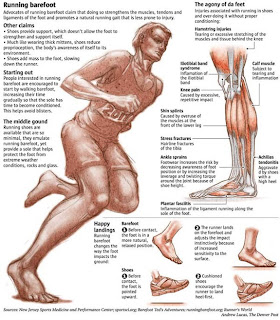The 20th FIFA World Cup will be held in
Brazil from 12 June to 13 July 2014. It is an international men's football
tournament held every four years.
It will be
the second time that Brazil has hosted the competition, the previous being in
1950. This is the fifth time the tournament will be staged in South America.
A total of
64 matches are to be played in twelve cities across Brazil in either new or
redeveloped stadiums.

Football ("soccer" in American) sometimes brings out the best in people. Nelson Paviotti, who is a lawyer, lives in Campinas, Sao Paulo. He is the biggest fan of his national team: Brazil. For the past twenty years, he has only worn outfits consisting of the colours of the Brazilian national flag because he promised to only wear these colours if Brazil won the world cup in 1994. He has of course decorated his home especially for the upcoming 2014 World Cup in Brazil…
Questions:
- What do you think of Nelson’s fanaticism?
- Which national team do you support and which nation do you think will win the 2014 World Cup?
- How big a sports fan are YOU?!
Assignment 1:
Give a one-minute oral presentation on an aspect of Brazil
that really interests you (its history, geography, social mix, leading figures,
religious practices, customs, sporting legends, or recent social
unrest, etc.).
Assignment 2:
Write a comment to this blog giving your World Cup predictions.
Assignment 3:
Write a comment to this blog giving your opinion of the 2014 World Cup (matches, players, results, supporters, organization, etc.).







